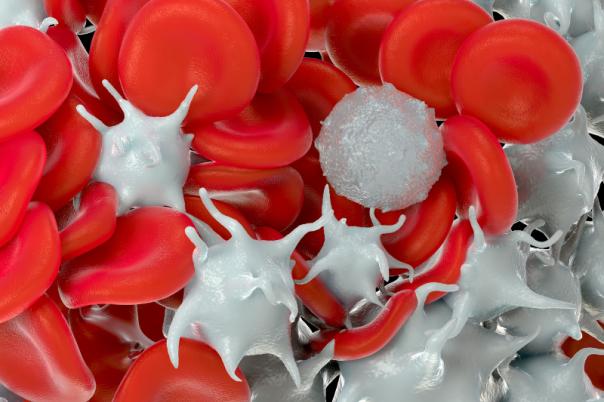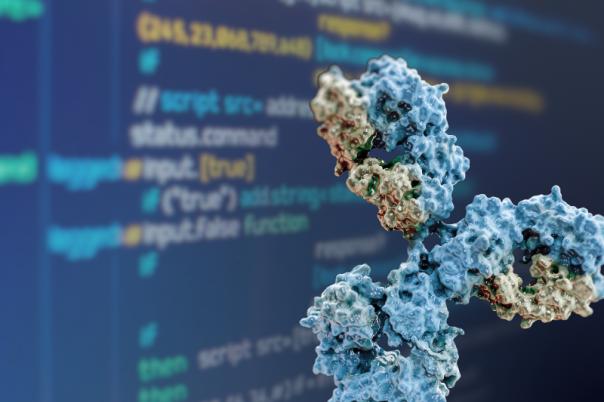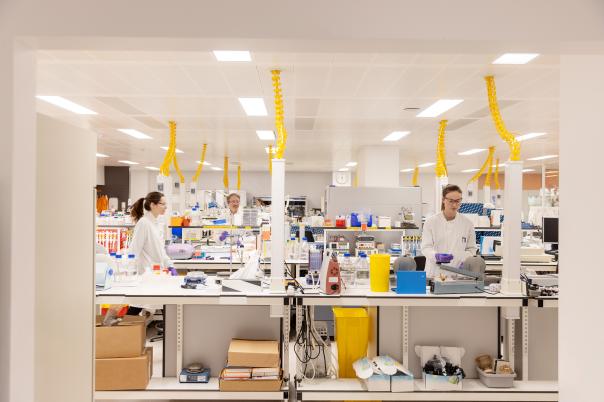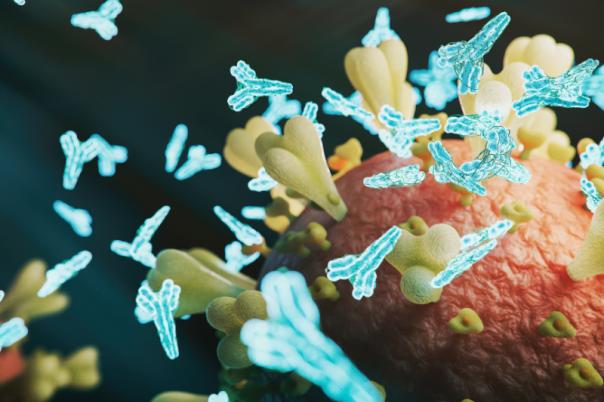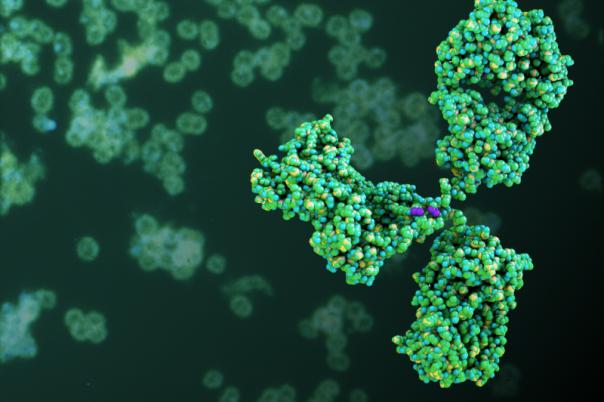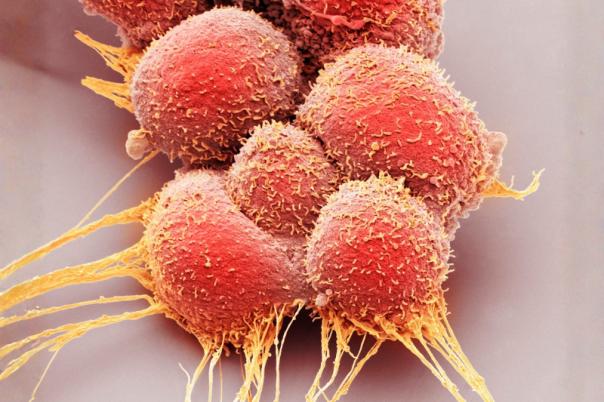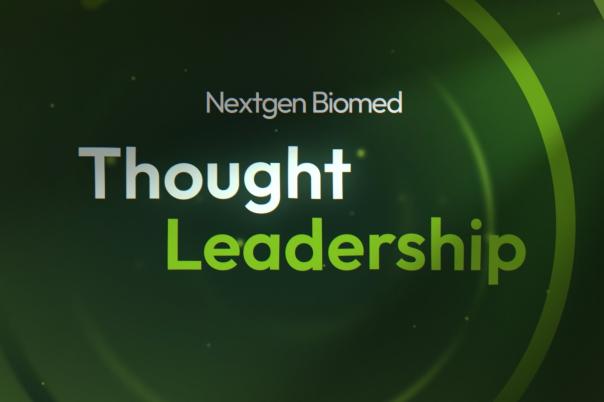An antibody drug conjugate (ADC) targeting Delta-like ligand 3 (DLL3) has reported promising results in a first-in-human phase I clinical study in patients with small cell lung cancer. The candidate, called IDE849/SHR-4849, was developed in a collaboration between IDEAYA Biosciences and Hengrui Pharma.
Small cell lung cancer represents about 15% of lung cancer diagnoses in the US, according to the Cleaveland Clinic. Treatment options for this indication are limited, unfortunately resulting in poor prognosis.
The ADC consists of an DDL3-targeting IgG1 monoclonal antibody connected to a topoisomerase 1 (TOP1) payload by a tetrapeptide-based cleavable linker.
These results were announced at IASLC 2025 World Conference on Lung Cancer (WCLC) in Barcelona, Spain. The oral presentation was delivered by Linlin Wang, Chief Physician, and Deputy Dean of the Clinical Oncology School of the First Medical University of Shandong. The data shared in the presentation was collected up to 20 June 2025.
In total, 87 people with small-cell lung cancer (SCLC) and 13 with other types of neuroendocrine cancers took part. All had seen their cancer return after initial treatment. Many had already been through several rounds of therapy—about a third had two previous treatments and 15% had tried three or more.
Nearly three-quarters of the SCLC patients had previously received immunotherapy. For the main results, 71 patients whose cancer was especially hard to treat (because it had come back after at least one previous therapy) were looked at more closely.
These patients received different doses of the new treatment, ranging from 2.4 to 4.2 mg/kg. Everyone included in the results had at least one scan to check their tumours after starting the new drug.
"We believe the ORR, median PFS, and overall safety data presented at WCLC 2025 in over 70 efficacy evaluable SCLC patients provides a potential best-in-class DLL3 TOP1 ADC profile," said Yujiro S. Hata, President and Chief Executive Officer at IDEAYA Biosciences.
He continued: "We look forward to advancing the global clinical development of IDE849 in SCLC, NETs, and additional DLL3 upregulated solid tumors, as both a potential first-in-class and best-in-class DLL3 TOP1 ADC to address areas of high unmet medical need in cancer."

